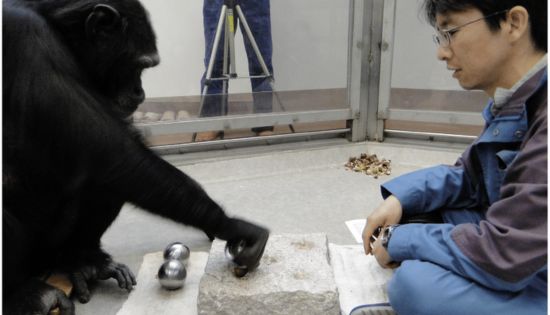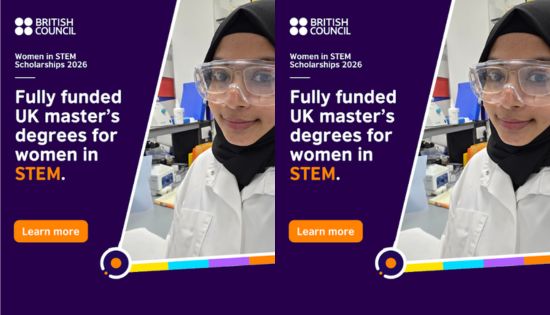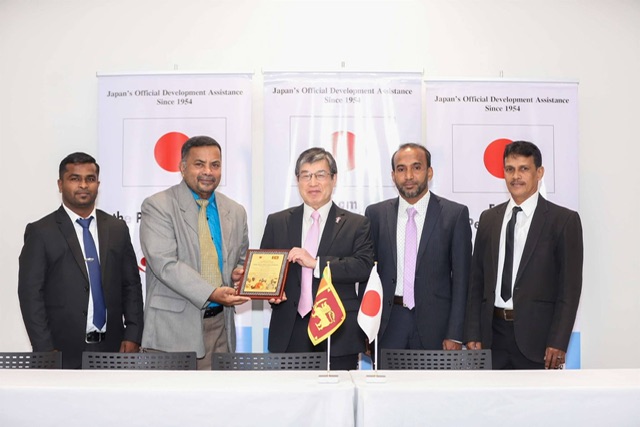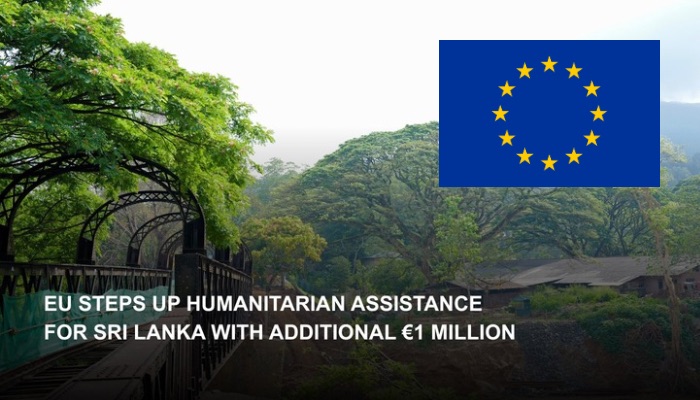Understanding Higher Education Levels: A Guide to Climbing the Academic Ladder
Higher education is a journey that allows individuals to gain knowledge, develop skills, and pursue career aspirations. The academic pathway includes several key levels: Foundation, Diploma, Advanced Diploma, Top-Up Degree, Bachelor’s Degree, Master’s Degree, PhD, and Professor. Each level offers unique opportunities, time durations, and recognition, shaping your professional future. Let’s explore each step, its validity, and how you can progress.

1. Foundation Program
A foundation program is the starting point for students who need to bridge gaps between their current qualifications and university entry requirements. This program typically lasts 6 months to 1 year. It focuses on essential academic skills, language proficiency, and subject knowledge.
- Who should choose this?
Students who have completed O/Ls (Ordinary Levels) or equivalent qualifications but do not meet the direct entry requirements for undergraduate studies. - Recognition & Validity:
Globally recognized by universities, it’s a stepping stone to further education.
2. Diploma
A diploma is a practical, skill-oriented qualification lasting 1 to 2 years. It focuses on specific fields such as business, IT, engineering, or hospitality.
- Who should choose this?
Students who have completed O/Ls or A/Ls (Advanced Levels) and wish to gain job-ready skills or continue to higher studies. - Recognition & Validity:
Diplomas are valid internationally and often lead to employment or advanced diploma programs.
3. Advanced Diploma
This is the next step after a diploma, offering more in-depth knowledge in a specialized field. It typically takes 1 to 2 years to complete.
- Who should choose this?
Those with a diploma who wish to enhance their qualifications or prepare for degree-level studies. - Recognition & Validity:
Widely accepted for jobs or as credit toward a bachelor’s degree in many universities.
4. Top-Up Degree
A top-up degree is for students with an advanced diploma or higher national diploma (HND). It usually lasts 1 year and allows you to earn a full bachelor’s degree.
- Who should choose this?
Students who already have significant credits from previous studies and want a recognized degree qualification. - Recognition & Validity:
Equivalent to a bachelor’s degree, recognized worldwide for employment and postgraduate studies.
5. Bachelor’s Degree
A bachelor’s degree is the cornerstone of higher education, typically requiring 3 to 4 years of full-time study. It combines theoretical knowledge and practical skills in areas such as medicine, engineering, arts, or sciences.
- Who should choose this?
Students who have completed A/Ls, a foundation program, or a top-up degree. - Recognition & Validity:
Globally recognized and essential for many careers and advanced studies like master’s programs.
6. Master’s Degree
A master’s degree is an advanced qualification focusing on specialized knowledge and research. It usually takes 1 to 2 years after completing a bachelor’s degree.
- Who should choose this?
Professionals or students aiming to deepen expertise in their field or enhance career prospects. - Recognition & Validity:
Highly regarded for senior roles in organizations and further academic pursuits like PhDs.
7. PhD (Doctor of Philosophy)
A PhD is the highest academic qualification, focusing on original research and contribution to knowledge. It typically takes 3 to 6 years to complete.
- Who should choose this?
Academics, researchers, or professionals wanting to specialize in a subject or pursue university teaching roles. - Recognition & Validity:
Universally acknowledged as a prestigious qualification.
8. Professor
Becoming a professor is not a formal academic level but a career milestone achieved after extensive teaching, research, and academic contributions. It often requires 10+ years of experience post-PhD.
- Who should aim for this?
Academics with a passion for teaching and research at the highest levels. - Recognition & Validity:
Professors are highly respected globally and often shape their respective fields of study.
The Right Path: Step-by-Step Progression
- Foundation → Diploma → Advanced Diploma → Top-Up Degree → Bachelor’s Degree
This path is ideal for students starting after O/Ls or A/Ls and ensures continuous progression. - Bachelor’s Degree → Master’s Degree → PhD → Professor
A direct pathway for those aiming to excel academically and professionally.
Popular Areas of Study
Based on online searches, students often explore fields like medicine, engineering, business, IT, and creative arts. Trending areas include artificial intelligence, cybersecurity, data science, and environmental science. These fields offer high employability and global demand.
Each qualification level builds a foundation for the next, ensuring growth and global opportunities. Choose your path wisely based on your interests, career goals, and financial capability. Remember, higher education is not just about gaining a degree; it’s about acquiring knowledge and skills that prepare you for life.
Related News
GCE O/L Exam 2025 Results : Update
The Commissioner General of Examinations, A.K.S. Indika Kumari Liyanage, has stated that the results of the G.C.E. Ordinary Level 2025 (2026) examination…
Read MoreSix Tips For Choosing a Future Career
Not sure what your future career looks like? Here are six tips to help you find the right career for you. 1.…
Read MoreBritish Council Women in STEM scholarships to study in the UK nowopen to Sri Lankans
British Council Women in STEM scholarships to study in the UK nowopen to Sri Lankans For the sixth consecutive year, the British…
Read MoreWuthering Heights: Book vs Movie – Which Resonates More?
Read • Watch • Learn When Emily Brontë published Wuthering Heights in 1847, few expected the novel to become one of the…
Read MoreCourses
-

The future of higher education tech: why industry needs purpose-built solutions
For years, Institutions and education agencies have been forced to rely on a patchwork of horizontal SaaS solutions – general tools that… -

MBA in Project Management & Artificial Intelligence – Oxford College of Business
In an era defined by rapid technological change, organizations increasingly demand leaders who not only understand traditional project management, but can also… -

Scholarships for 2025 Postgraduate Diploma in Education for SLEAS and SLTES Officers
The Ministry of Education, Higher Education and Vocational Education has announced the granting of full scholarships for the one-year weekend Postgraduate Diploma… -

Shape Your Future with a BSc in Business Management (HRM) at Horizon Campus
Human Resource Management is more than a career. It’s about growing people, building organizational culture, and leading with purpose. Every impactful journey… -

ESOFT UNI Signs MoU with Box Gill Institute, Australia
ESOFt UNI recently hosted a formal Memorandum of Understanding (MoU) signing ceremony with Box Hill Institute, Australia, signaling a significant step in… -

Ace Your University Interview in Sri Lanka: A Guide with Examples
Getting into a Sri Lankan sate or non-state university is not just about the scores. For some universities' programmes, your personality, communication… -

MCW Global Young Leaders Fellowship 2026
MCW Global (Miracle Corners of the World) runs a Young Leaders Fellowship, a year-long leadership program for young people (18–26) around the… -

Enhance Your Arabic Skills with the Intermediate Language Course at BCIS
BCIS invites learners to join its Intermediate Arabic Language Course this November and further develop both linguistic skills and cultural understanding. Designed… -

Achieve Your American Dream : NCHS Spring Intake Webinar
NCHS is paving the way for Sri Lankan students to achieve their American Dream. As Sri Lanka’s leading pathway provider to the… -

National Diploma in Teaching course : Notice
A Gazette notice has been released recently, concerning the enrollment of aspiring teachers into National Colleges of Education for the three-year pre-service… -

IMC Education Features Largest Student Recruitment for QIU’s October 2025 Intake
Quest International University (QIU), Malaysia recently hosted a pre-departure briefing and high tea at the Shangri-La Hotel in Colombo for its incoming… -

Global University Employability Ranking according to Times Higher Education
Attending college or university offers more than just career preparation, though selecting the right school and program can significantly enhance your job… -

Diploma in Occupational Safety & Health (DOSH) – CIPM
The Chartered Institute of Personnel Management (CIPM) is proud to announce the launch of its Diploma in Occupational Safety & Health (DOSH),… -

Small Grant Scheme for Australia Awards Alumni Sri Lanka
Australia Awards alumni are warmly invited to apply for a grant up to AUD 5,000 to support an innovative project that aim… -

PIM Launches Special Programme for Newly Promoted SriLankan Airlines Managers
The Postgraduate Institute of Management (PIM) has launched a dedicated Newly Promoted Manager Programme designed to strengthen the leadership and management capabilities…
Newswire
-

Pettah Central Bus Stand renovation to be completed by mid-April
ON: March 4, 2026












